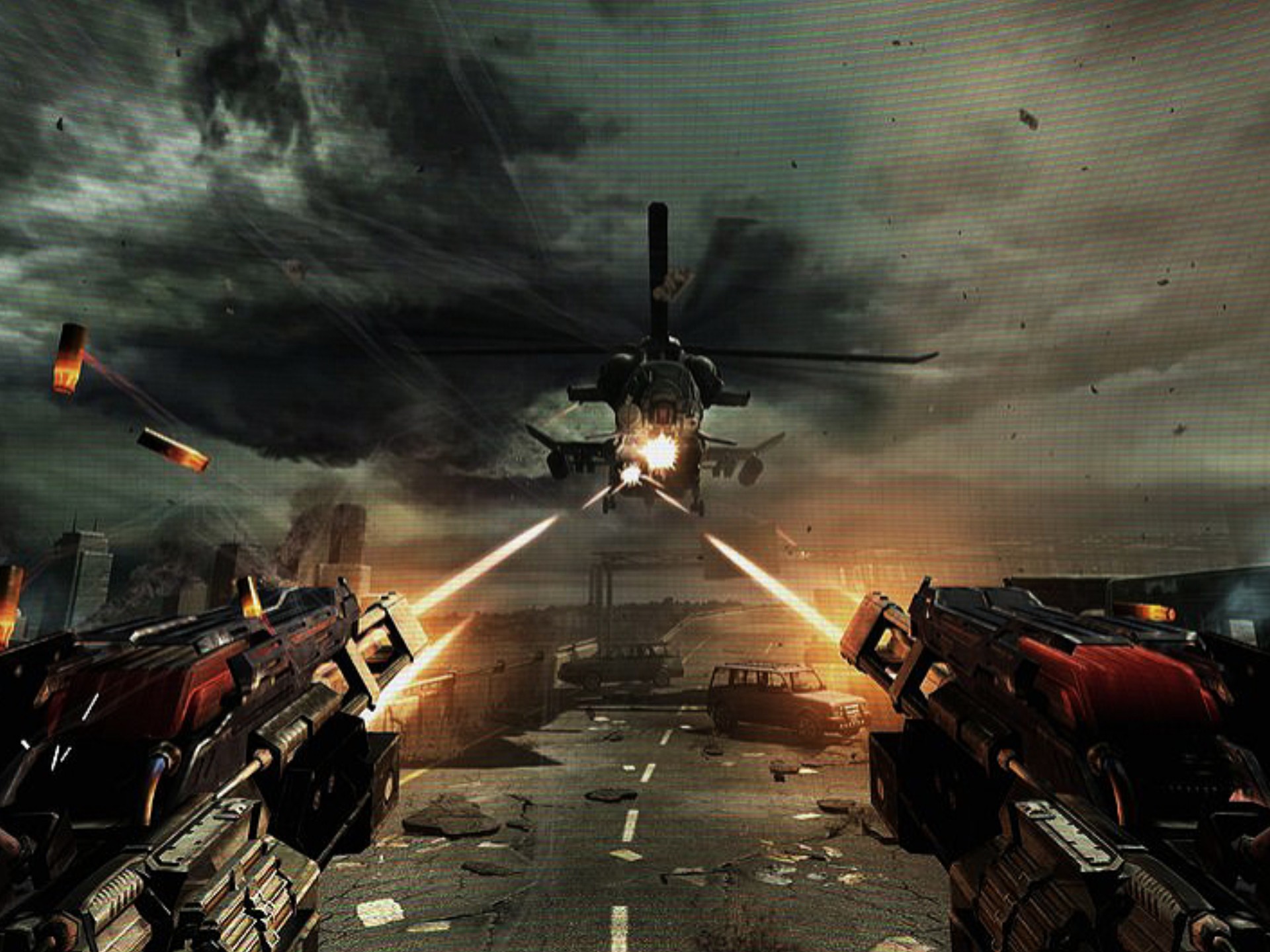QuizUp - History Edition: War Fact Accuracy: A Critical Review
By [Your Name]
Introduction
QuizUp, once a popular trivia app, gained widespread acclaim for its engaging and competitive quizzes across various categories. Among its most intriguing sections was the History Edition, particularly the subcategory focusing on wars. However, as with any trivia platform, the accuracy of historical facts is paramount. This article critically examines the reliability of war-related questions in QuizUp’s History Edition, assessing whether the app provided accurate, well-researched information or fell prey to common historical misconceptions.
The Importance of Historical Accuracy in Trivia Games
Historical trivia games serve as both entertainment and informal education. Players often absorb facts from these platforms, making accuracy crucial. Misinformation—especially regarding wars, which are already subject to myths and biases—can perpetuate false narratives.
QuizUp’s History Edition featured questions on major conflicts, from ancient battles to modern warfare. While many questions were factually sound, some contained inaccuracies, oversimplifications, or Eurocentric biases.
Strengths of QuizUp’s War-Related Questions
1. Broad Coverage of Conflicts
QuizUp did an admirable job covering a wide range of wars, including:

- Ancient Wars (e.g., Punic Wars, Peloponnesian War)
- Medieval Conflicts (e.g., Hundred Years’ War, Crusades)
- Early Modern Warfare (e.g., Thirty Years’ War, Napoleonic Wars)
- Modern Wars (e.g., World Wars, Cold War proxy conflicts)
This breadth allowed players to test their knowledge across different eras.
2. Well-Researched Core Facts
Most questions were based on widely accepted historical facts. For example:
- "Which battle marked the end of Napoleon’s rule in 1815?" (Correct answer: Waterloo)
- "What was the primary cause of World War I?" (Correct answer: The assassination of Archduke Franz Ferdinand)
Such questions were straightforward and aligned with mainstream historiography.
3. Engaging Multiple-Choice Format
The multiple-choice structure helped reinforce learning by presenting plausible distractors, making players think critically about historical details.
Weaknesses and Inaccuracies
Despite its strengths, QuizUp’s History Edition had notable flaws in its war-related content.
1. Oversimplification of Complex Events
Many questions reduced intricate historical events to binary choices. For example:
- "Was the Vietnam War a success for the U.S.?" (Options: Yes/No)
This framing ignored nuances—such as political, social, and strategic factors—that historians debate extensively.
2. Eurocentric Bias
The app disproportionately emphasized Western military history while underrepresenting conflicts in Africa, Asia, and the Americas. For instance:
- Numerous questions on World War II’s European Theater but few on the Pacific or African fronts.
- Limited coverage of colonial wars (e.g., Indian Wars, Mau Mau Uprising).
This skewed perspective reinforced a narrow view of global military history.
3. Occasional Factual Errors
Some questions contained outright inaccuracies, such as:
- "The Treaty of Versailles ended World War II." (False—it ended WWI.)
- "The American Civil War began in 1865." (Incorrect—it began in 1861.)
While rare, such mistakes undermined the app’s credibility.
4. Reliance on Popular Myths
Certain questions perpetuated historical myths, including:
- "Did the U.S. win the War of 1812?" (The war ended in a stalemate, not a clear victory.)
- "Was the atomic bomb the only reason Japan surrendered in WWII?" (Historians cite Soviet invasion and resource depletion as key factors.)
These oversights misled players about well-documented historical debates.
User-Generated Content: A Double-Edged Sword
QuizUp allowed users to submit questions, which introduced variability in quality. While some contributed well-researched queries, others added poorly phrased or incorrect ones. The lack of rigorous vetting sometimes led to questionable content slipping through.
Comparative Analysis: QuizUp vs. Other History Trivia Platforms
Compared to other history trivia apps like History Quiz or Trivia Crack, QuizUp was more interactive but less stringent in fact-checking. Platforms with historian-reviewed questions (e.g., BBC History Quizzes) tended to be more reliable.
Recommendations for Improvement
To enhance historical accuracy, future trivia platforms should:
- Employ Historians as Consultants – Ensuring questions are reviewed by experts.
- Balance Global Perspectives – Expanding coverage beyond Eurocentric narratives.
- Clarify Ambiguous Questions – Avoiding oversimplifications and acknowledging historical debates.
- Implement User Feedback Systems – Allowing players to flag inaccuracies for review.
Conclusion
QuizUp’s History Edition provided an entertaining way to test war-related knowledge, but its accuracy was inconsistent. While many questions were well-researched, oversimplifications, biases, and occasional errors detracted from its educational value. For trivia enthusiasts, cross-referencing facts with reputable sources remains essential. Moving forward, trivia platforms must prioritize historical precision to avoid perpetuating myths and misinformation.











